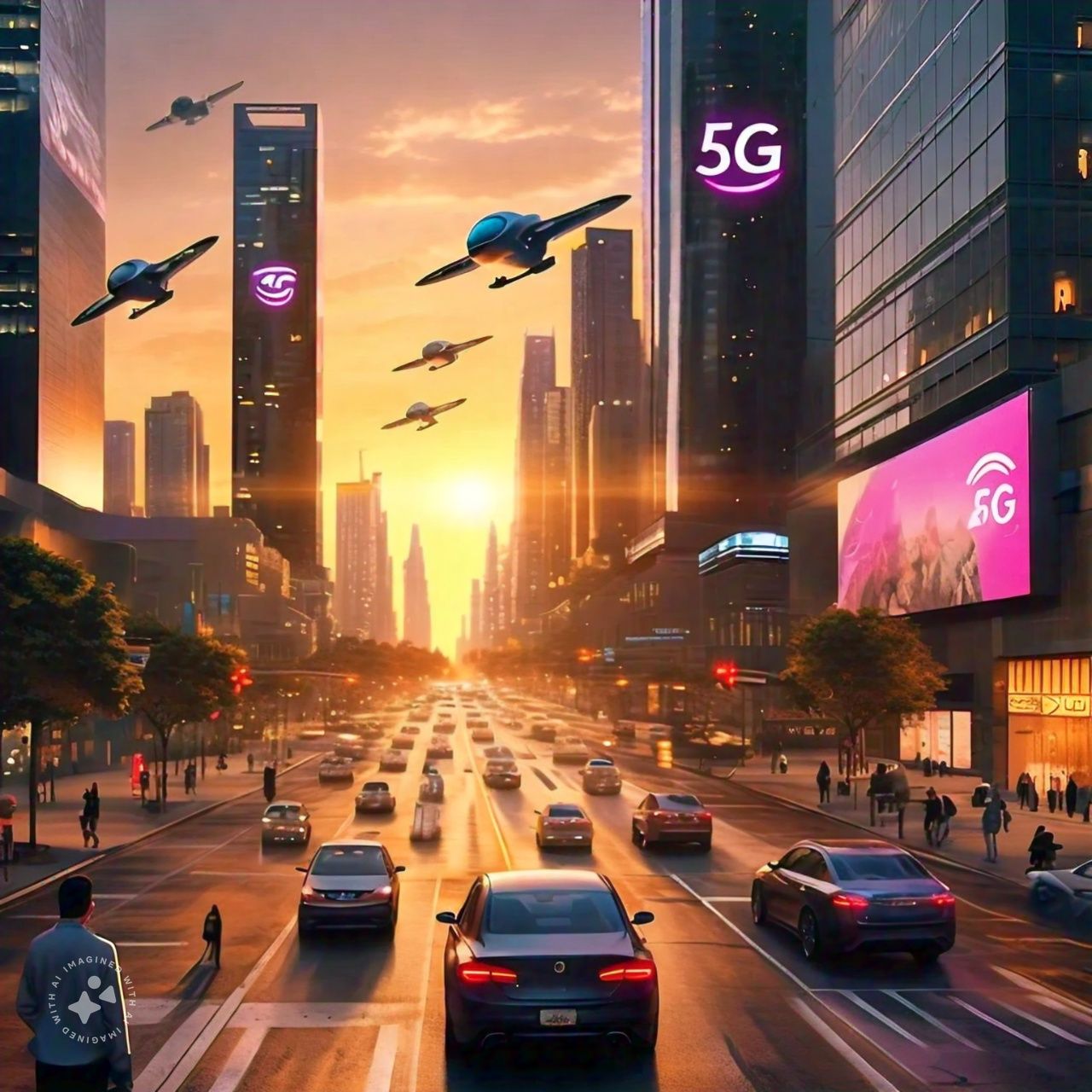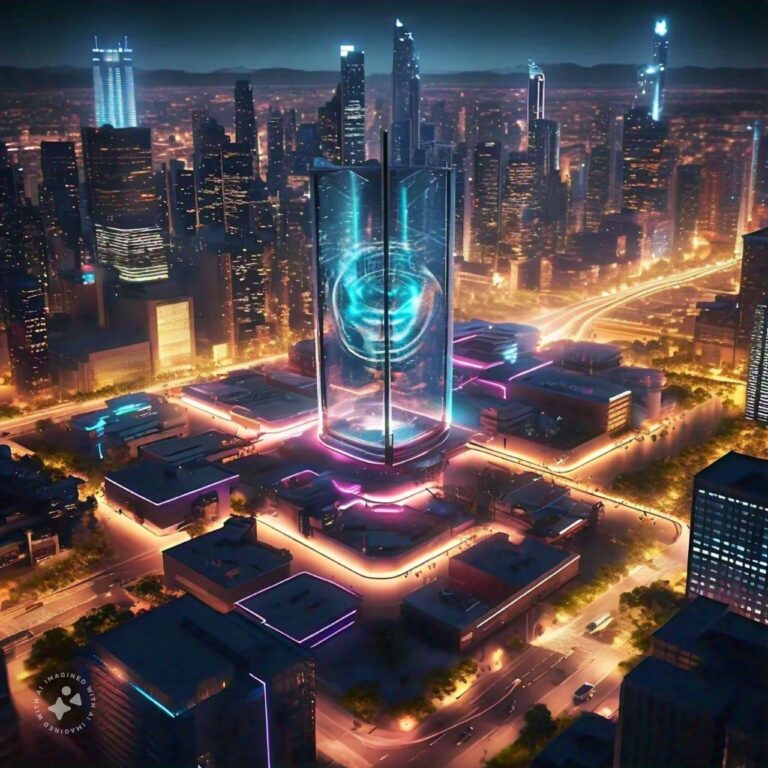Don't miss our holiday offer - up to 50% OFF!

How the Internet is Revolutionizing Entertainment
How the Internet is Revolutionizing Entertainment
The internet has fundamentally transformed the way we experience and consume entertainment. From the way we access media to how we interact with it, the digital age has brought about a series of profound changes that have reshaped the entertainment industry. This revolution is characterized by the democratization of content, the rise of new platforms and technologies, and a shift in consumer expectations.
The Democratization of Content
One of the most significant ways the internet has revolutionized entertainment is by democratizing content creation and distribution. In the past, creating and sharing entertainment often required significant resources. For instance, producing a film or a music album involved costly equipment, studios, and distribution networks. Today, anyone with a smartphone or a computer can create and share their content with a global audience.
Platforms like YouTube, TikTok, and Instagram have enabled individuals to become content creators, allowing for a diverse range of voices and perspectives to be heard. This shift has led to the emergence of new genres and forms of entertainment, such as vlogs, memes, and web series, which may never have gained traction in a pre-internet era.
The rise of platforms like Patreon and Kickstarter has also allowed creators to fund their projects directly through audience support. This model has enabled independent creators to bypass traditional gatekeepers and reach their audience directly, fostering a more inclusive and varied entertainment landscape.
The Rise of Streaming Services
Streaming services have become one of the most visible manifestations of the internet’s impact on entertainment. Platforms like Netflix, Hulu, Disney+, and Amazon Prime Video have revolutionized how we consume television shows and movies. The shift from physical media to digital streaming has changed the way content is produced, distributed, and consumed.
For consumers, streaming offers unprecedented convenience. No longer are we bound by television schedules or the need to visit a video rental store. Instead, we can access a vast library of content on demand, from virtually anywhere with an internet connection. This on-demand model has also encouraged the binge-watching phenomenon, where viewers consume entire seasons of a show in one sitting.
From a business perspective, streaming services have disrupted traditional media models. They have shifted revenue streams from advertising and physical sales to subscription-based models, changing how content creators and distributors approach their work. This shift has also led to increased competition, prompting companies to invest heavily in original content to attract and retain subscribers.
Interactive and Immersive Experiences
The internet has also introduced new ways to engage with entertainment through interactive and immersive experiences. Virtual reality (VR) and augmented reality (AR) are prime examples of how technology is expanding the boundaries of entertainment. These technologies allow users to experience digital environments and interactive elements in ways that were previously unimaginable.
In the realm of gaming, VR and AR have created more immersive and engaging experiences. Games like “Beat Saber” and “Pokémon GO” utilize these technologies to offer new forms of gameplay and interaction. The potential for VR and AR extends beyond gaming, with applications in education, tourism, and even therapy, showcasing the versatility of these technologies in entertainment.
The internet has also facilitated the rise of interactive storytelling. Platforms like Twitch and YouTube Live allow audiences to interact with creators in real-time, influencing the content and direction of live broadcasts. This interactivity creates a more dynamic and engaging experience, blurring the lines between content creator and audience.
The Impact of Social Media
Social media has become an integral part of the entertainment landscape, influencing how content is created, shared, and consumed. Platforms like Twitter, Facebook, and Instagram allow for real-time interaction and feedback, shaping the way entertainment is marketed and discussed.
Social media has also played a significant role in the virality of content. Memes, viral videos, and trends often spread quickly across these platforms, sometimes leading to unexpected success for creators and brands. This viral nature can propel content to mainstream success and create new stars overnight.
Moreover, social media provides a platform for fans to engage with their favorite celebrities and creators directly. This direct interaction fosters a sense of connection and community, enhancing the overall entertainment experience.
Changing Consumer Expectations
The internet has also altered consumer expectations in terms of accessibility, personalization, and interactivity. Today’s audiences expect content to be readily available, tailored to their preferences, and engaging on multiple levels.
The demand for instant access has led to the decline of traditional media formats such as physical rentals and cable TV subscriptions. Consumers now expect to be able to access content on-demand, often from multiple devices. This expectation has pushed companies to innovate and adapt their offerings to meet the needs of a tech-savvy audience.
Personalization is another key factor driven by the internet. Algorithms and data analytics enable streaming services and social media platforms to recommend content based on individual preferences and viewing history. This level of personalization enhances the user experience by making it easier to discover content that aligns with personal interests.
Interactivity has also become a significant expectation. Audiences are no longer passive consumers of content but active participants. The rise of interactive content, such as choose-your-own-adventure stories and live-streamed events with audience participation, reflects this shift towards a more engaging and participatory entertainment experience.
Challenges and Future Directions
While the internet has brought about many positive changes to the entertainment industry, it has also presented challenges. Issues such as content piracy, the fragmentation of media platforms, and the overwhelming volume of available content can pose difficulties for creators and consumers alike.
As technology continues to advance, the entertainment industry will likely face new challenges and opportunities. Emerging technologies such as artificial intelligence and blockchain have the potential to further transform the industry, offering new ways to create, distribute, and monetize content.
In conclusion, the internet has revolutionized entertainment by democratizing content creation, introducing new platforms and technologies, and shifting consumer expectations. As the digital landscape continues to evolve, the entertainment industry will need to adapt and innovate to keep pace with these changes. The future of entertainment is bound to be shaped by ongoing technological advancements and the ever-evolving demands of a connected and interactive audience.



